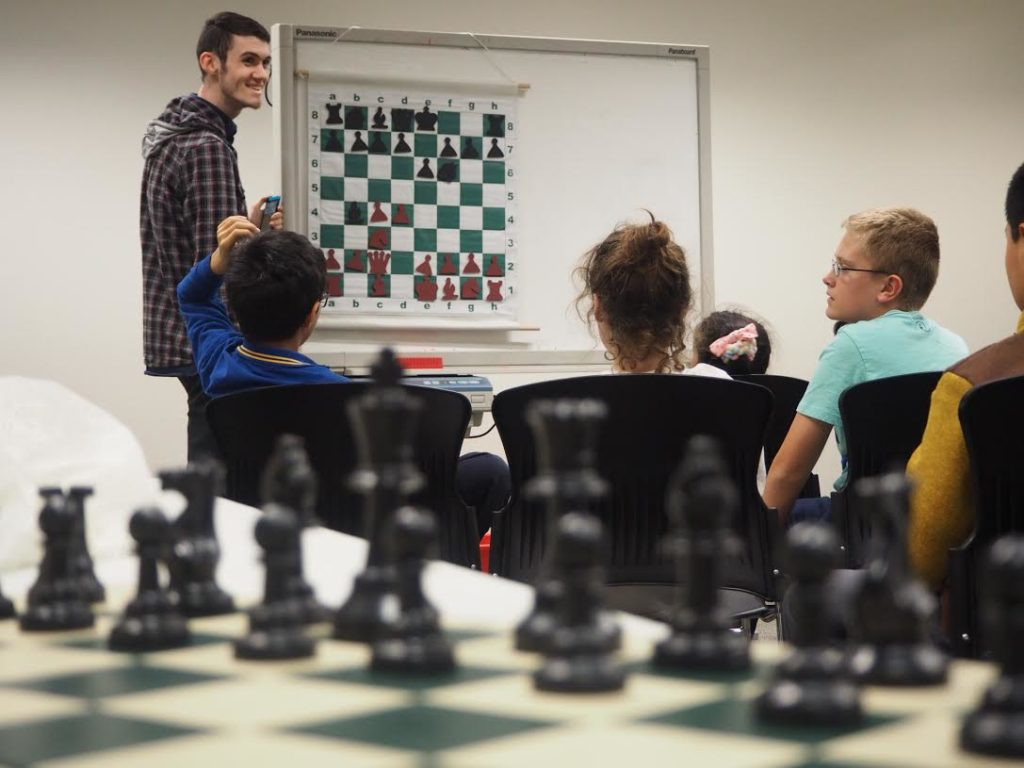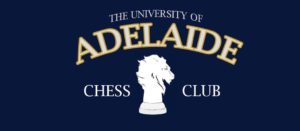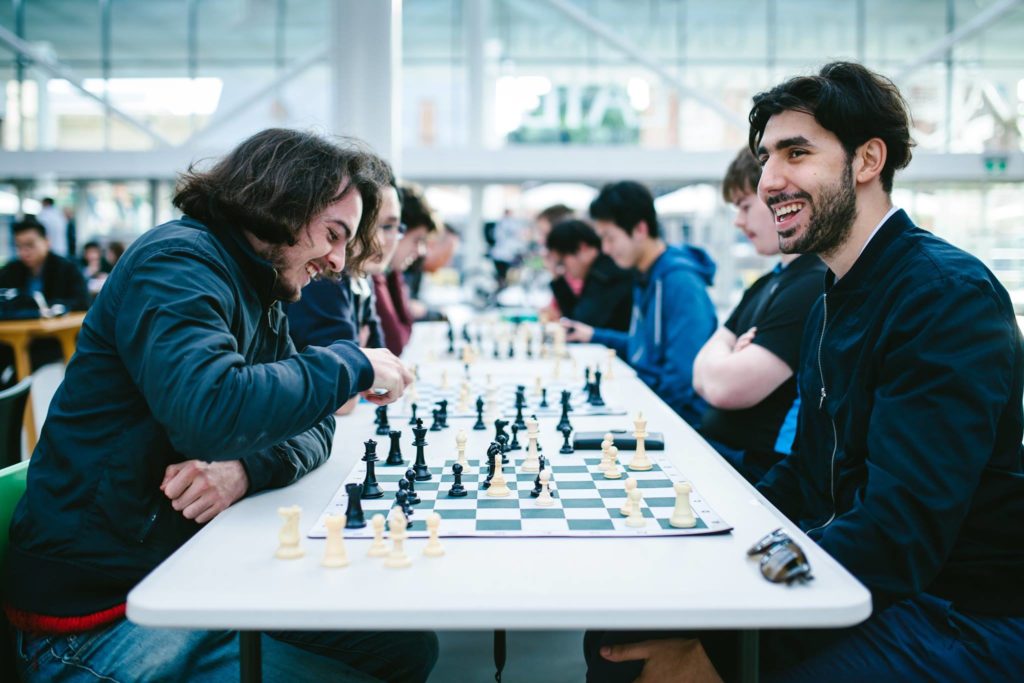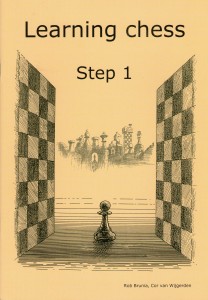We are happy to welcome Sebastian Teagle to the Chesslife team this year. Sebastian is the President of the Adelaide University chess club and manages two teams in the South Australian Chess Association‘s Interclub tournament – here he gives his advice to his students who want to compete at the top.
Sebastian learnt chess, like many of our students, from his parents: “Chess was taught to me by my father when I was very young – maybe 5 years old or so.”
But for Sebastian, the love of the game came from within. “I think chess was first attractive to me because it appeared very simple, I quickly grasped how the pieces moved and learnt some very basic ideas.”
Sebastian now manages both A and B grade teams in the interclub competition at the South Australian Chess Centre.
The Club Captain says that in the decade and a half since he learnt the game as a student at Blackfriars Priory School chess in South Australia has grown a lot.
His goal as a Captain and a Coach is to make sure the quality of chess continues to improve.
“My reason for being a part of the Chess Community in South Australia is that I really love the game, so bringing as many new people into it as possible, and giving people a chance to play competitively or improve themselves is my number one goal. I want to give as many people the opportunity to play chess as possible.”
University exams and assignments keep Chesslife coach Sebastian Teagle busy a lot of the time, and he relaxes by practicing and playing chess.
“I think chess is an awesome aid for academia,” he says. “It forces you to think deeply and concentrate more than you would ever do doing something else.”
“Chess club is also a great time to relax after school, and you barely notice at all how much you focus because of how fun chess is.”
Like the father of the famous Polgar sisters, Sebastian is studying psychology, but he says most of the chess players he knows are studying maths, which he describes as “a curious trend.”
Chess has enriched Sebastian’s life and mind but he says, “It’s not too easy to pin down exactly how chess has helped me cognitively. Studying chess has become one of my past times, having this outlet has been very useful to me for when things get hectic.”
(Image courtesy of Adelaide University Chess Club Facebook Page)
Teaching Chess in Adelaide
Since joining the Chesslife team Sebastian has discovered the joy of teaching children and “watching how quickly they grow.”
“In under a year many kids who barely knew the rules can start to play complex, strong, chess,” he says, a fact which he attributes to Chesslife’s use of the Dutch Step by Step Method.
“It’s a highly effective way of teaching chess to children,” he says. “Much more similar to a classroom setting, which then gets integrated with playing chess. This is a big contrast to the way I was taught chess, which was sort of being taught loosely without much of a guide.”
Sebastian’s advice for young players is to get as much experience over the board as possible.
“Play a lot of chess. There’s no real good substitute to hours spent at the board in competitive matches. Then after the games you should try to be reflective, find out what worked out well, and what didn’t work out well.”
Later students can benefit from buying chess books and reading articles online.



